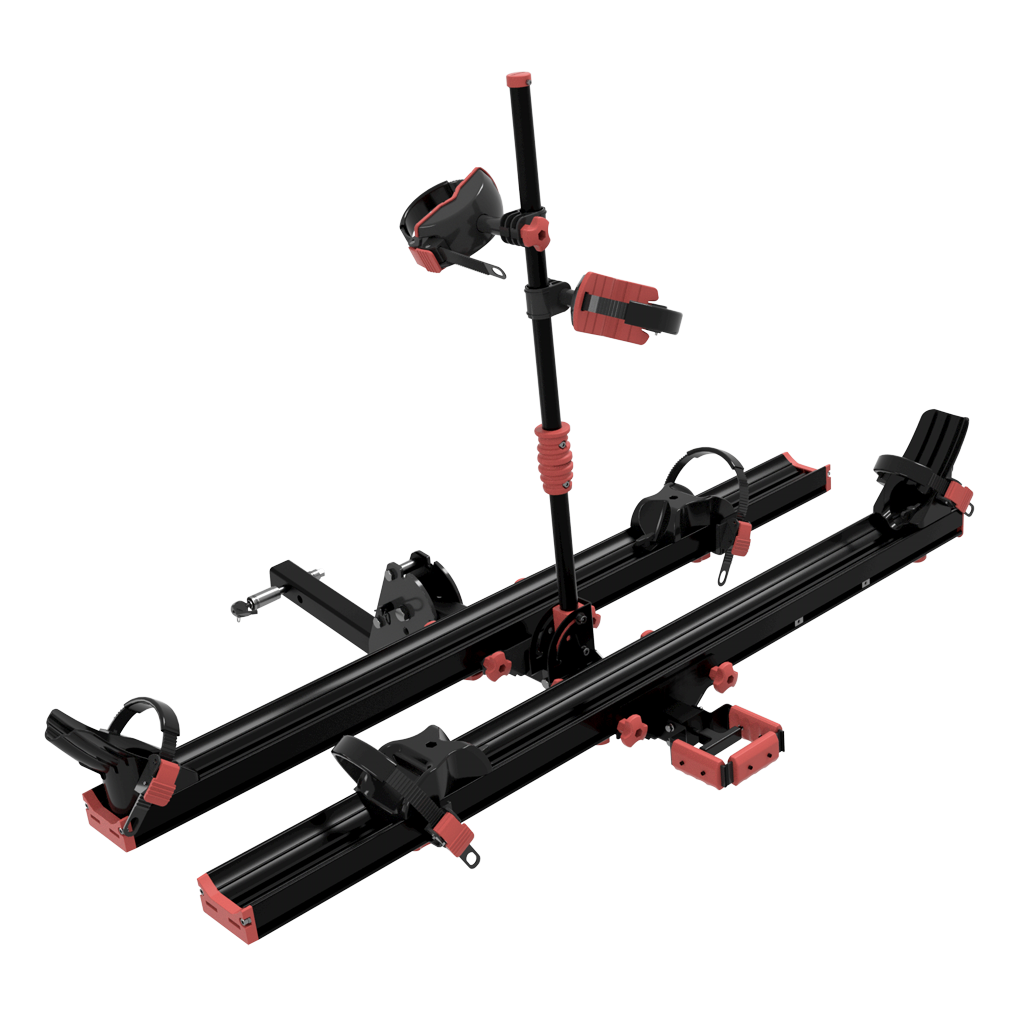Before making a bulk order for hitch-mounted bike racks, there are several important considerations to keep in mind to ensure you get the best value and the products most suited to your needs. Here are 5 essential tips:
1. Assess Compatibility
Vehicle Fit: Ensure the bike racks are compatible with the types of vehicles you intend to use them with. This includes checking the hitch size and class to guarantee a proper fit.
Bike Compatibility: Consider the types of bikes you’ll be transporting. Ensure the racks can accommodate various sizes, weights, and styles, including road bikes, mountain bikes, and possibly e-bikes.
2. Evaluate Quality and Durability
Material Quality: Look for racks made from high-quality, durable materials that can withstand weather elements and the rigors of road travel.
Warranty: Check if the racks come with a warranty. A longer warranty period can be an indicator of the manufacturer’s confidence in their product.
3. Consider Ease of Use and Storage
Loading Efficiency: Choose racks that are easy to load and unload, minimizing the effort and time required. Features like tilt-down or swing-away designs can provide easier access to the vehicle’s trunk or hatch without removing the bikes.
Storage Solutions: If space is a concern, look for racks that can be easily folded or disassembled for compact storage.
4. Look for Security Features
Locking Mechanisms: Security is crucial, especially for high-value bikes. Opt for racks with integrated locks that secure the bikes to the rack and the rack to the hitch.
Anti-Theft Design: Some racks feature tamper-resistant hitch pins and cable locks, adding an extra layer of security.
5.Customer Service and Support
After-Sale Support: Good customer service can be invaluable, especially for bulk orders. Ensure the supplier offers reliable after-sale support for any issues that may arise.
By keeping these tips in mind, you can make a more informed decision when placing a bulk order for hitch-mounted bike racks, ensuring that you receive products that meet your needs in terms of compatibility, quality, usability, security, and value.







